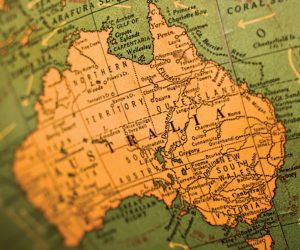A majority of Australians favour moderate restrictions on online gambling advertisements rather than a complete ban, according to a new study by Freshwater Strategy.
The survey found that 56% of respondents support targeted, sensible restrictions on gambling ads, while only 37% favoured a total ban.
The primary concern for Australians regarding gambling advertisements is reducing exposure to children (37%) and protecting vulnerable populations (26%).
These findings align with a previous Australian Financial Review (AFR) Freshwater Poll, where 70% of voters expressed a preference for limiting the frequency and timing of gambling ads on television, as opposed to an outright prohibition.
The debate over gambling advertising has intensified in Australia, with the Alliance for Gambling Reforms recently sending an open letter to Prime Minister Anthony Albanese and Opposition Leader Peter Dutton, urging a ban on gambling ads.
The letter, signed by 60 high-profile individuals, including former prime ministers and sports figures, called for the implementation of the 31 recommendations from the Murphy Report. The proposals aim to curb the influence of gambling ads, particularly those targeting children and restrict inducements aimed at vulnerable gamblers.
In response, Kai Cantwell, CEO of Responsible Wagering Australia, said: “we know that when people are given an all or nothing proposition, they will opt for a ban, but when given sensible, evidence-based alternatives, such as opt-our provisions and age-verification requirements, the majority prefer the alternatives.”
Cantwell added: “Banning online advertising will not stop Australian’s gambling; it will simply push Australians towards illegal offshore providers, who lure customers in with large bonuses and then don’t pay out winnings or provide their customers with any safer gambling tools.”
He warned that over-regulation could create a void filled by unregulated operators, particularly targeting children and vulnerable populations with predatory advertising.
Additionally, Cantwell noted that licensed operators contribute significant tax revenue, which supports essential services such as healthcare, education and infrastructure. Illegal operators, on the other hand, evade taxes, costing the Australian economy billions each year.
As the debate continues, the Australian Government faces a challenge in balancing the need for protecting vulnerable citizens while maintaining a legal, regulated gambling industry that contributes to the nation’s economy.






